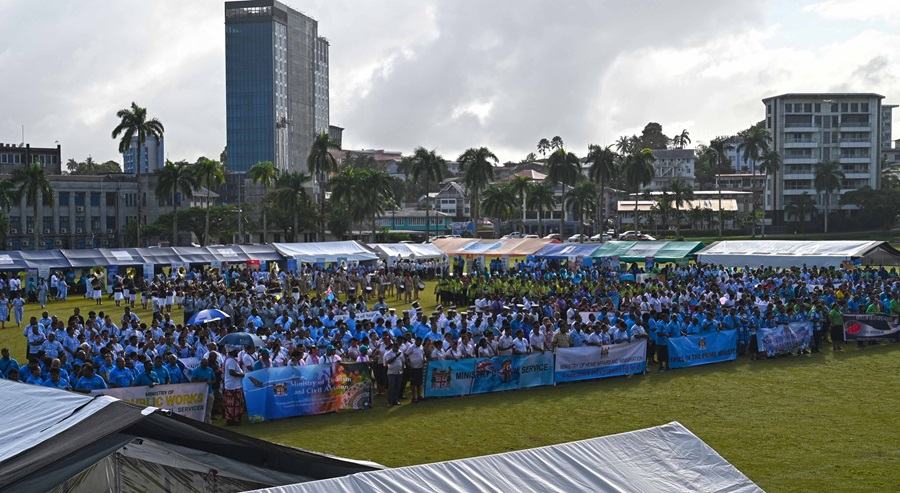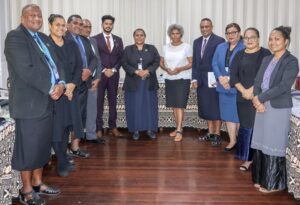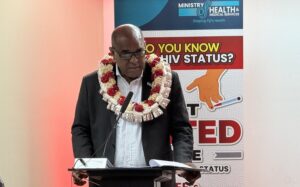Fiji’s Public Service Commission (PSC) has refuted recent claims by former Prime Minister Mahendra Chaudhry regarding the cost and nature of its recent events, calling them inaccurate and misleading.
In a statement, PSC Chairman Luke Rokovada said that the one-and-a-half-day Permanent Secretaries Retreat which entailed spending a night at the Pearl Resort in Pacific Harbour last month, was a capacity and team-building exercise, and not a “picnic” as suggested by Chaudhry.
“The sessions focused on leadership, innovation and navigating the future in which Permanent Secretaries were challenged to discuss their vision for Fiji for the next six years to 2030 and beyond,” Rokovada said adding that the retreat, which took place on 19th and 20th July, involved intensive seminars from 9:30 am to 5:15 pm on Friday and from 9 am to 1:15 pm on Saturday.
The topics discussed included diversity and inclusion, data collection and cybersecurity awareness, the HIV/AIDS crisis and modernising Fiji’s bureaucratic system.
“The PS Sub-committees are dedicated to these challenges, making these retreats vital for bringing the PSs together given the nature of their work and tight day-to-day schedules,” he said.
The sub-committees include the ‘Removing Red Tape Sub-committee’; ‘Future of Work Sub-committee’; HIV/AIDS Sub-committee and the Removing Waste Sub-committee.
“For Mr. Chaudhry to suggest that the 20 Permanent Secretaries were at the Retreat to enjoy themselves is ill-advised and irresponsible,” Rokovada stated.
He also said that the retreat was cost-effective compared to previous retreats under the FijiFirst Government, which involved two-night stays at more expensive resorts.
In a statement posted on the Fiji Labour Party’s Facebook page this week, Chaudhry criticised the PSC and current government for what he termed as “extravagant” spending on retreats and celebrations.
“Just last weekend the Permanent Secretaries were enjoying a retreat at a posh resort in Denarau, Nadi,” Chaudhry said. He also criticised the Civil Service Day celebrations, suggesting they were part of a broader trend of “merrymaking” rather than serious work.
Rokovada also addressed the Civil Service Day celebration held on July 5, stating that it was conducted without an allocated budget. The event, which included community service activities, a wellness programme, and public information sessions, was aimed at promoting government programs and policies to the public.
“The turnout from the general public was positive and the engagement was meaningful as it allowed the public to know what the civil service looks like from the inside out,” Rokovada said.











